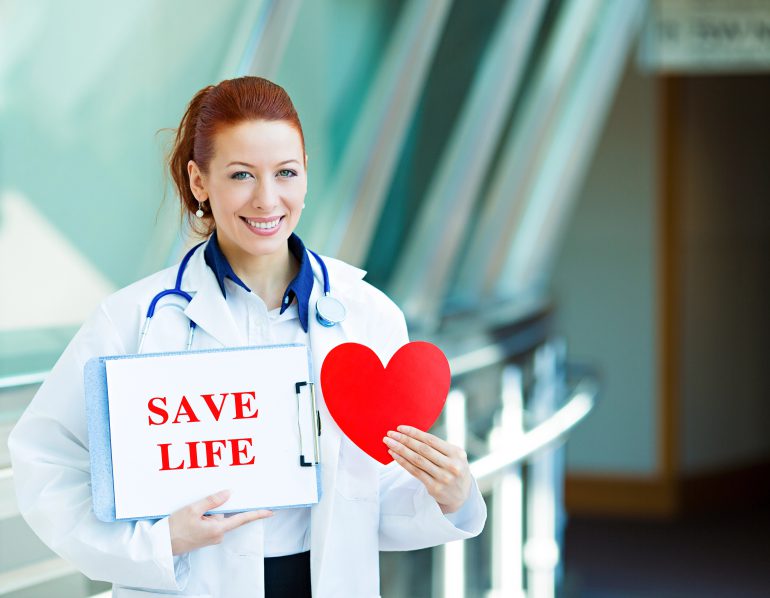There were approximately 8.1 million individuals registered as organ donors at the beginning of 2025, an increase of approximately 30,000 compared to the year before. Since 2020, the Netherlands has had an opt-out system for organ donation in which all adults are automatically registered as donors unless they actively request otherwise. Individuals receive a letter from the Donor Register when they turn 18 advising them of their choices with regard to organ donation. To opt out of being a donor, individuals must notify the Donor Register of their decision. Those who fail to notify the Donor Register of a choice are included by default as having ‘no objection to donation’.
Of all individuals registered as donors at the start of this year, around 4.8 million were included as a result of providing active consent. Approximately 3.3 million were included as they hadn’t communicated a choice one way or another to the Donor Register. In total, approximately 58% of all adults in the Netherlands are registered as donors, according to Statistics Nederland (CBS).
The Donor Register allows those interested in donating their organs to provide active consent and even to specify if they’re only willing to donate specific organs. People can also choose to leave the decision up to family members or specific individuals. After living in the Netherlands for three years, immigrants are considered donors if they don’t make an active choice.
Around 10.6 million individuals have made active choices regarding organ donation, an increase from the 6.9 million who had already done so in 2020 when the new rules regarding register inclusion were implemented. Around 24%of all adults in the Netherlands haven’t made a choice, and younger adults are particularly likely not to do so. Approximately 41 percent of all 18- to 25-year-olds haven’t registered a choice with the Donor Register, an increase of about 36% from 2022. Among young adults who have made active choices, the percentage who opted out increased from 41 to 45%. Young people make up a high percentage of those automatically included as donors, as they frequently don’t choose one way or another and are therefore added by default.
Of those who have made active decisions, close to 4.8 million have elected to donate their organs, while around 4.3 million have opted out. Around 1.5 million have chosen to leave the decision up to loved ones. Those over 75 are particularly likely to make active choices – among this group, 85% have done so. Over half of those over 75 elect not to donate their organs.
There are regional and gender-based differences when it comes to donor registration. Groningen has the highest percentage of registered donors – around 68% of the municipality’s inhabitants are considered donors. Rozendaal comes in a close second, with almost 67% of its inhabitants registered as donors. Neder-Betuwe is on the other end of the spectrum – around 43% of the municipality’s residents are registered as donors. This is most likely due to high percentage of orthodox Christians living in the municipality. Women tend to be more likely than men to register their choice.
Advising the Donor Register of one’s choices can be done online or by filling out a paper form. In addition to formal registration, the Donor Register encourages everyone to make their wishes clearly known to loved ones, so that there is no confusion or debate when someone dies.
Written by Lorre Luther
